Remember when TV fathers knew best, and their word was law? Those were simpler times when Dad came home from work, loosened his tie, and dispensed wisdom from his favorite armchair. We loved these patriarchs of prime time, but looking back with today’s eyes, some of their parenting methods might raise a few eyebrows at the PTA meeting.
1. Ward Cleaver – “Leave It to Beaver”
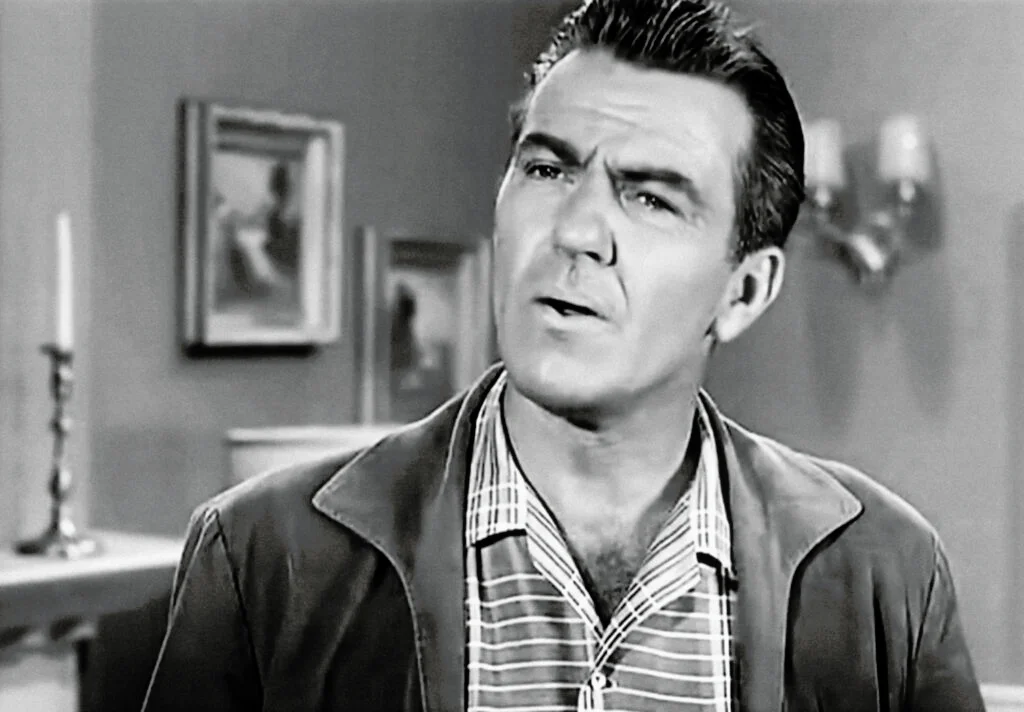
Ward Cleaver was the epitome of 1950s and early ’60s fatherhood, always dressed in a suit even while doing yard work and dispensing life lessons with the patience of a saint. He rarely raised his voice and seemed to have an answer for every childhood crisis that Wally and the Beav could cook up. Ward’s approach was methodical, measured, and always ended with a heart-to-heart talk that wrapped everything up in a neat bow. Television Academy Interviews admits that for all the praise the show got for sweetness, it was also chastised for sappiness.
But let’s be honest – Ward was pretty hands-off when it came to the day-to-day parenting duties, leaving most of the child-rearing to June while he focused on being the family’s moral compass. Today’s dads are expected to be much more involved in the nitty-gritty of parenting, from diaper changes to carpools. Ward’s formal, distant approach might seem a bit too detached for modern sensibilities, even if his intentions were always good.
2. Jim Anderson – “Father Knows Best”
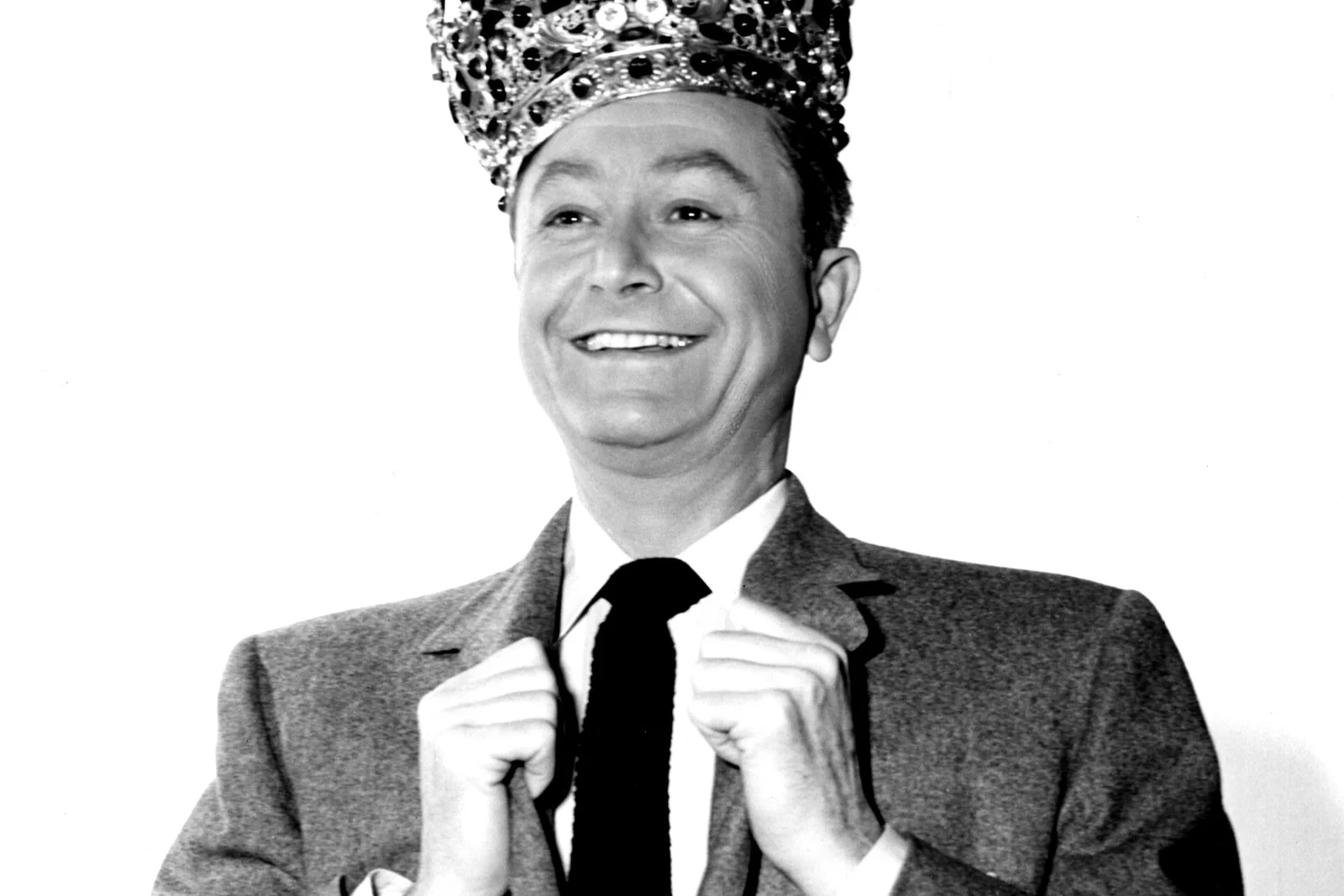
Jim Anderson literally embodied the show’s title, serving as the all-knowing patriarch who could solve any family problem with a few wise words and that knowing smile. He worked in insurance, came home to a spotless house, and never seemed to doubt that his way was the right way. Jim’s children hung on his every word, and even his wife Margaret deferred to his judgment on most family matters. Remind takes a look at who among the cast is still alive.
In today’s world, Jim’s assumption that father always knows best might not fly so well with modern families who value input from all family members. His tendency to make unilateral decisions about his children’s lives – from friendships to career choices – would probably spark some heated discussions around the dinner table. While his heart was in the right place, Jim’s paternalistic approach feels pretty outdated when we think about how families communicate today.
3. Steve Douglas – “My Three Sons”
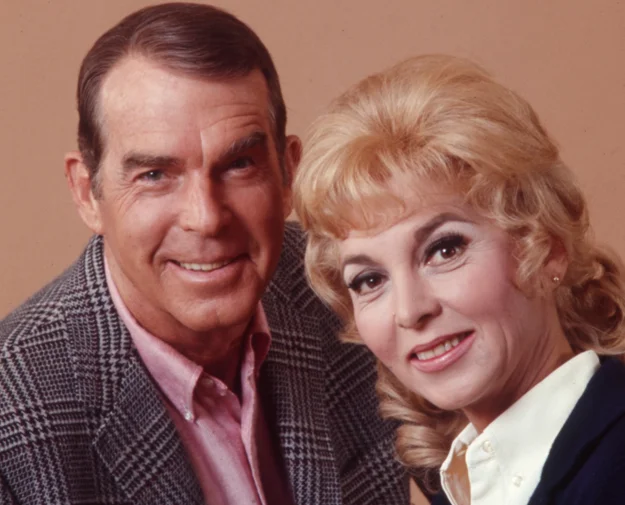
Steve Douglas was doing the single dad thing long before it became common, raising three boys with help from his father-in-law “Bub” O’Casey and later Uncle Charley. He worked as an aeronautical engineer and somehow managed to keep his household running smoothly despite the chaos that three growing boys could create. Steve was patient, understanding, and always seemed to have time for his sons’ problems, no matter how trivial they might seem. Years ago, CBS News reported on a cast reunion that was full of reminiscing.
However, Steve’s parenting style was pretty laissez-faire, often letting his boys figure things out on their own when a more hands-on approach might have been warranted. He rarely seemed to know where his kids were or what they were up to, trusting them to make good decisions without much supervision. Today’s helicopter parenting culture would probably give Steve some serious side-eye for his relaxed approach to keeping track of his children’s whereabouts and activities.
4. Andy Taylor – “The Andy Griffith Show”
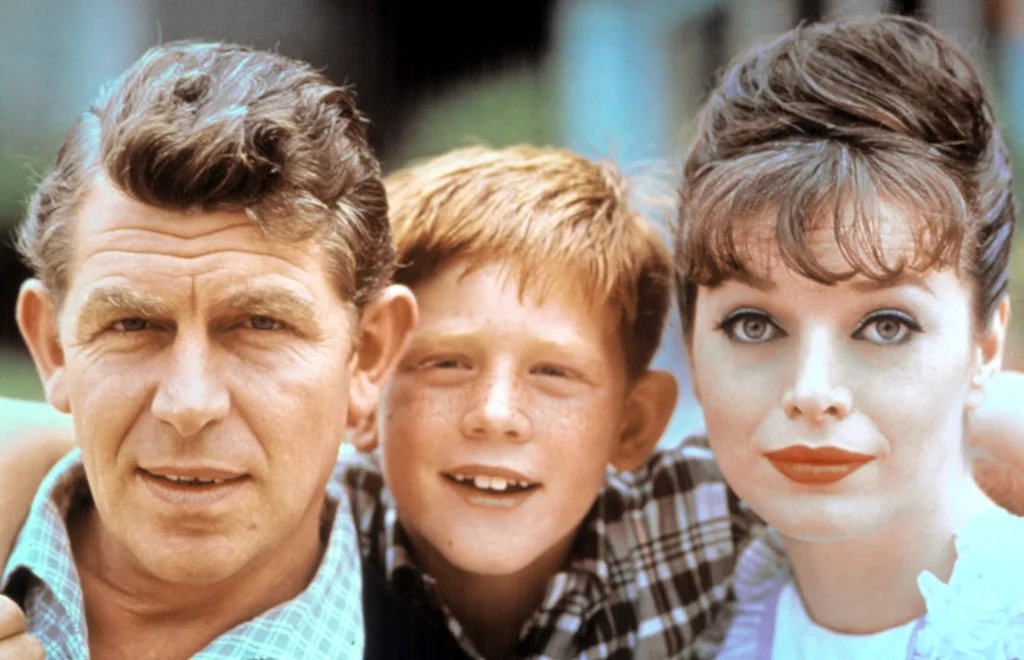
Sheriff Andy Taylor was the perfect small-town dad, raising his son Opie with a gentle hand and plenty of folksy wisdom in the idyllic town of Mayberry. He balanced his duties as the town’s law enforcement with being a single father, often using his experiences as sheriff to teach Opie valuable life lessons. Andy’s parenting style was built on trust, communication, and the occasional fishing trip to sort out any problems.
But Andy’s approach to discipline was pretty lenient by any era’s standards, often letting Opie off the hook with just a talking-to when stronger consequences might have been appropriate. His tendency to use his position as sheriff to solve his son’s problems – like when Opie got into trouble at school – might raise questions about abuse of power today. While his heart was always in the right place, Andy’s special treatment of his son wouldn’t sit well with modern ideas about fairness and accountability.
5. Ben Cartwright – “Bonanza”
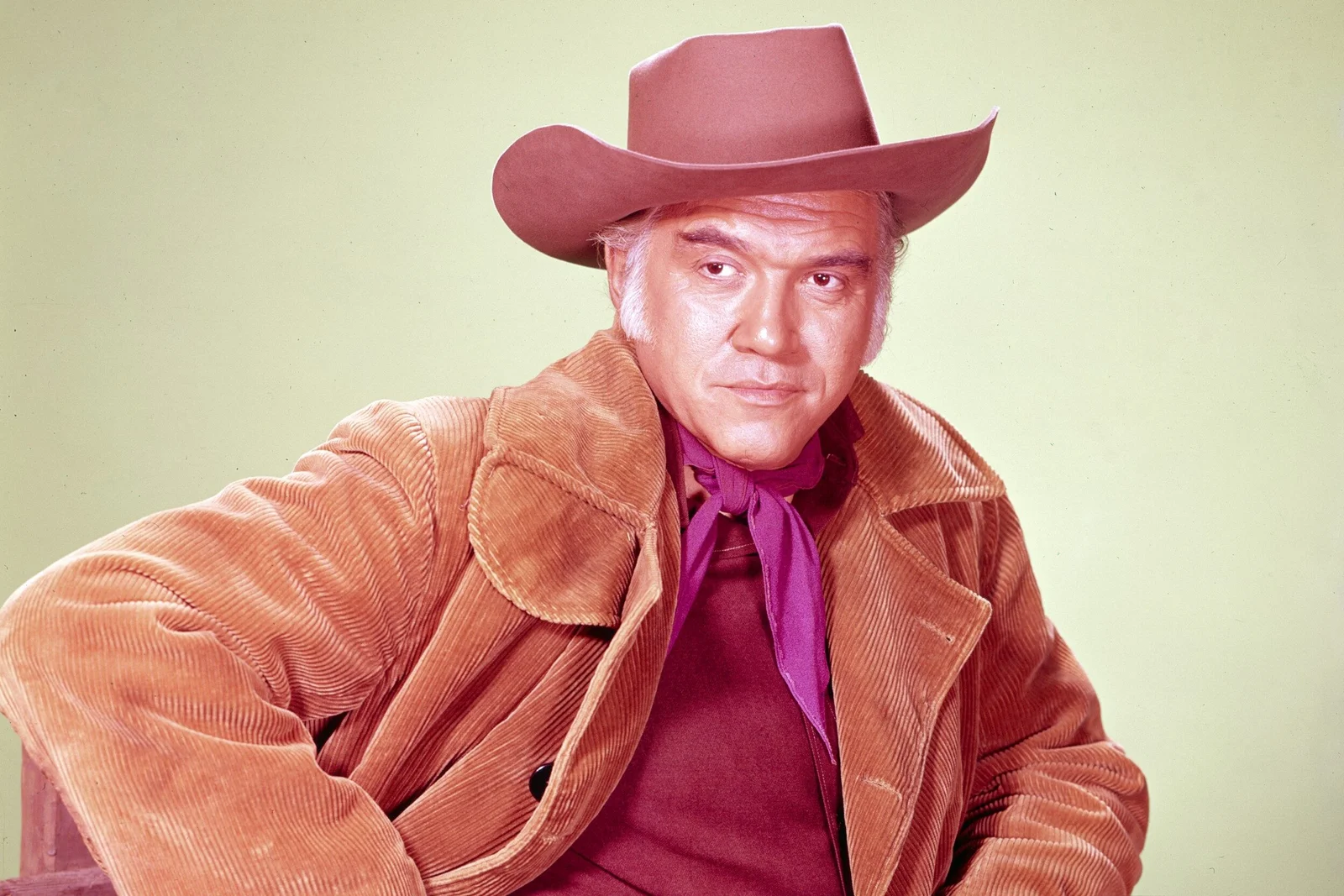
Ben Cartwright ruled the Ponderosa with an iron fist wrapped in a velvet glove, raising three very different sons after losing three different wives. He was stern but fair, teaching his boys the value of hard work, loyalty, and standing up for what’s right in the Old West. Ben’s parenting philosophy was built on respect, discipline, and the understanding that life on a ranch required everyone to pull their weight.
Looking back, Ben’s authoritarian parenting style and his tendency to make major life decisions for his adult sons would definitely raise some eyebrows today. He often treated his grown children like teenagers, expecting them to ask permission before making significant choices about their own lives. Modern families would probably find Ben’s controlling nature a bit suffocating, even if his intentions were to protect and guide his boys.
6. Mike Brady – “The Brady Bunch”

Mike Brady took on the challenge of blending two families, bringing his architectural skills to the complex blueprint of raising six children with his new wife Carol. He was patient, understanding, and always ready with a life lesson, whether it was about sharing, honesty, or the importance of family unity. Mike’s approach was methodical and fair, often calling family meetings to address issues and make sure everyone had their say.
However, Mike’s tendency to treat every family crisis like a business meeting might seem a bit too formal and detached for today’s more emotionally engaged parenting style. His solutions often felt overly simplistic, wrapping up complex family dynamics with neat little bows that don’t reflect the messiness of real blended families. Modern parents might find Mike’s almost robotic approach to child-rearing lacking the emotional depth and individual attention that each child really needs.
7. Rob Petrie – “The Dick Van Dyke Show”
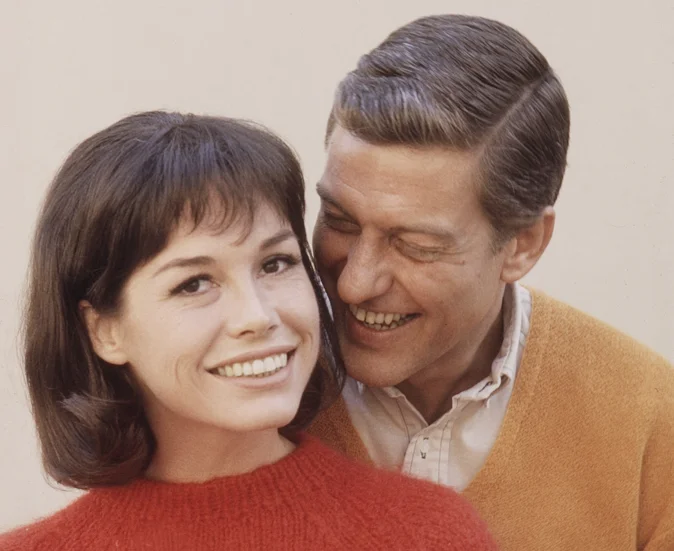
Rob Petrie was the hip, young dad of the early ’60s, working as a comedy writer while navigating the challenges of suburban family life with his wife Laura and son Richie. He was more modern than many TV dads of his era, sharing household duties and parenting responsibilities with his wife rather than leaving everything to her. Rob’s approach was playful and energetic, often getting down on the floor to play with Richie and treating him more like a little buddy than a subordinate.
But Rob’s parenting often took a backseat to his career demands and social life, leaving Laura to handle most of the day-to-day child care while he focused on his writing. His tendency to make light of serious parenting moments with jokes and physical comedy might not sit well with today’s more intentional approach to child development. While Rob was certainly more involved than many dads of his generation, his casual approach to discipline and guidance would probably seem insufficient by current parenting standards.
8. Howard Cunningham – “Happy Days”

Howard “Mr. C” Cunningham represented the idealized version of 1950s fatherhood, running his hardware store while dispensing wisdom to his children Richie and Joanie with warmth and humor. He was the kind of dad who would sit down for heart-to-heart talks, offer gentle guidance, and always seemed to know just what to say to help his kids through their problems. Howard’s parenting style was built on trust, communication, and the belief that kids would generally make the right choices if given proper guidance.
However, Howard’s hands-off approach to monitoring his children’s activities would probably make modern parents nervous, especially given some of the situations Richie found himself in with characters like the Fonz. He rarely seemed to question where his kids were going or who they were spending time with, trusting them to make good decisions without much oversight. Today’s safety-conscious parents would probably want to know a lot more about their teenagers’ whereabouts and social circles than good old Mr. C ever seemed to.
9. John Walton Sr. – “The Waltons”
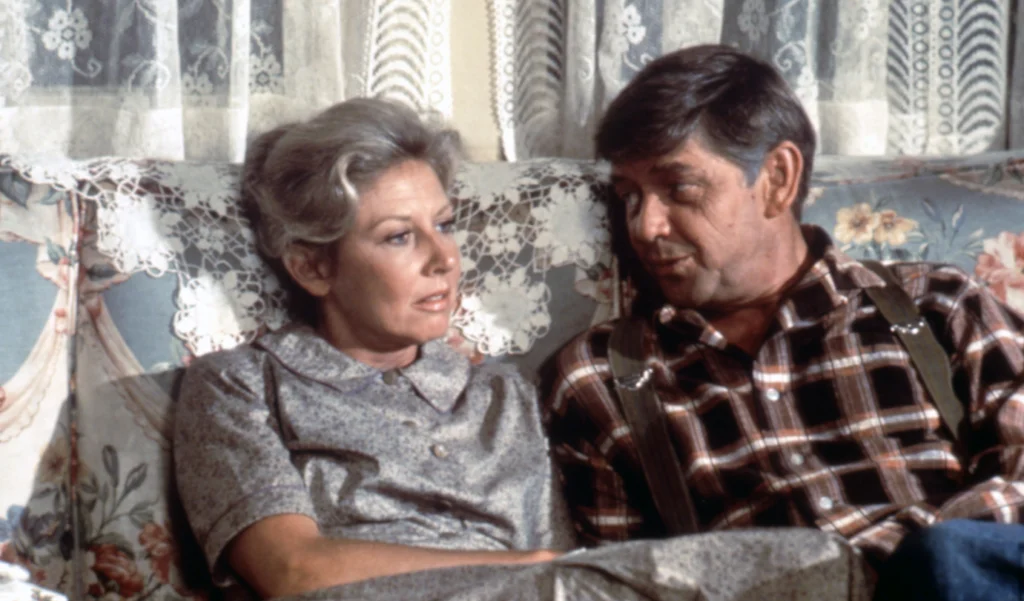
John Walton Sr. was the steady, hardworking patriarch of the Depression-era Walton family, teaching his children the values of hard work, family loyalty, and making do with what you have. He worked at the family sawmill and expected his children to contribute to the household through chores and responsibility, believing that hard work built character. John’s parenting was shaped by the practical necessities of rural life during tough economic times, where every family member had to pitch in for survival.
By today’s standards, John’s expectation that his children work long hours and sacrifice their childhood for the family’s economic survival might raise concerns about child labor and the importance of education and play in child development. His stern, no-nonsense approach to discipline and his belief that children should be seen and not heard would clash with modern ideas about children’s rights and emotional needs. While John’s values of responsibility and family unity are admirable, his methods might seem too harsh for contemporary parenting philosophies.
10. Archie Bunker – “All in the Family”
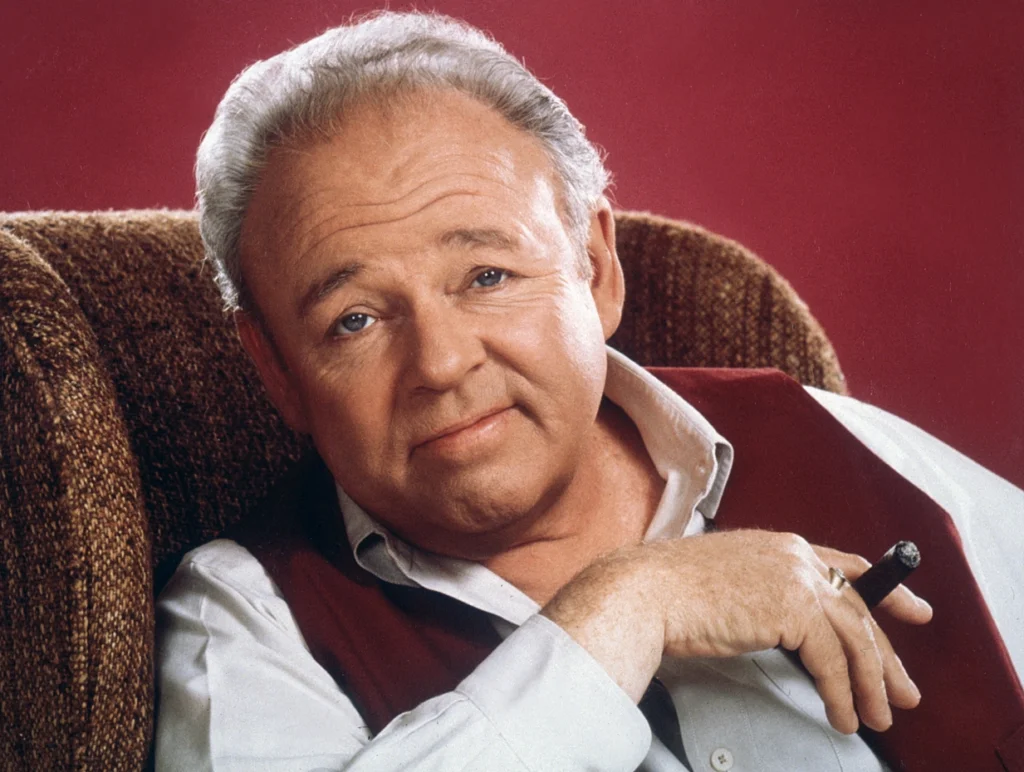
Archie Bunker was the controversial father figure who said what many TV dads only thought, expressing outdated opinions and prejudices that were already being challenged when the show aired in the 1970s. He worked as a dock foreman and ruled his Queens household with old-fashioned ideas about family hierarchy and social order. Archie’s parenting style was authoritarian and often dismissive, especially toward his daughter Gloria and her more liberal viewpoints.
Today, Archie’s bigoted attitudes and his tendency to shut down family discussions with his loud opinions would be completely unacceptable in most households. His treatment of his wife Edith as intellectually inferior and his dismissive attitude toward his daughter’s independence would spark outrage among modern families who value equality and respect. While the show was groundbreaking for addressing social issues, Archie himself represents exactly the kind of toxic masculinity and closed-mindedness that today’s families actively work to avoid.
11. Fred Sanford – “Sanford and Son”
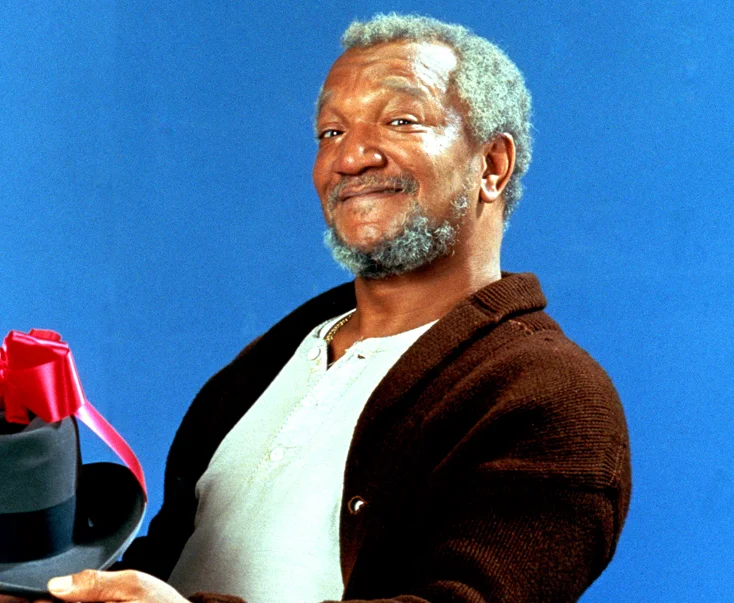
Fred Sanford was the cantankerous junk dealer who ran his salvage business while constantly clashing with his adult son Lamont over everything from business decisions to lifestyle choices. He was stubborn, set in his ways, and never hesitated to guilt-trip Lamont into staying and helping with the family business instead of pursuing his own dreams. Fred’s parenting philosophy seemed to revolve around keeping his son close through emotional manipulation and dramatic health scares.
Modern parents would probably be appalled by Fred’s controlling behavior and his refusal to support his adult son’s independence and personal goals. His tendency to fake heart attacks and use emotional blackmail to get his way would be recognized today as manipulative and emotionally abusive behavior. While Fred’s desire to keep his family together was understandable, his methods for doing so would definitely not pass muster with today’s understanding of healthy family relationships and boundaries.
12. Tom Bradford – “Eight Is Enough”
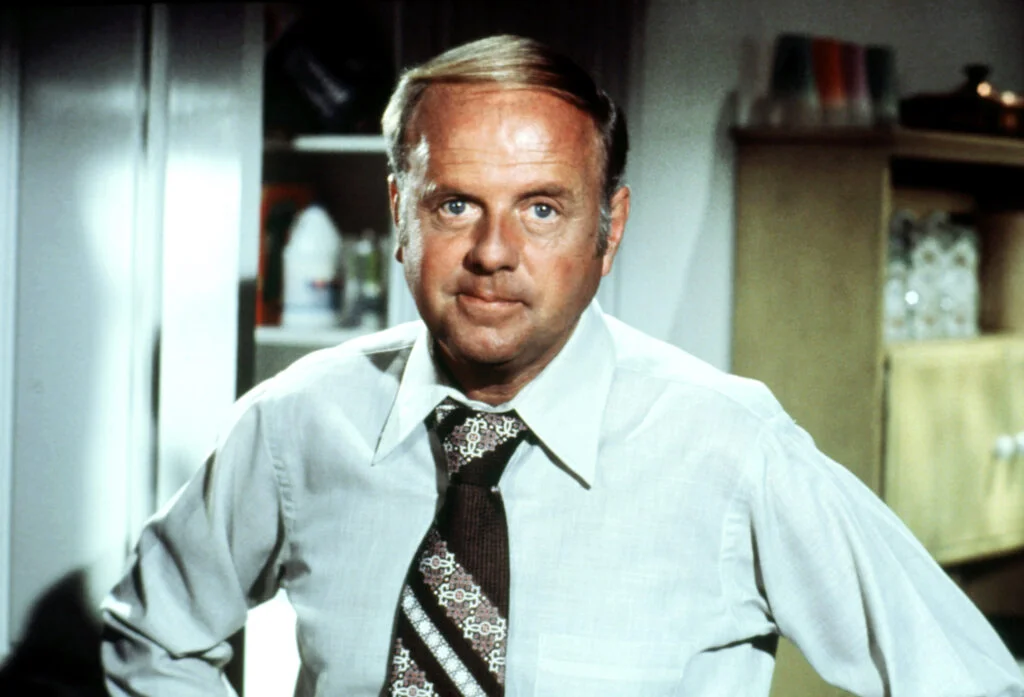
Tom Bradford was the newspaper columnist who somehow managed to keep track of eight children while building his career and maintaining his sanity. He was patient, understanding, and always seemed to have time for individual conversations with each of his kids about their problems and concerns. Tom’s approach was democratic and inclusive, often holding family meetings and trying to give each child a voice in family decisions.
However, Tom’s ability to give equal attention to eight children while maintaining a demanding career would be practically impossible by today’s standards of intensive parenting. His tendency to solve problems with quick conversations and simple solutions would probably seem insufficient for addressing the complex emotional and psychological needs that modern parents recognize in their children. While Tom’s inclusive approach was admirable, the sheer logistics of his situation would likely overwhelm any parent trying to meet today’s expectations for individual attention and emotional support.
Those were the days when TV dads made it look easy, weren’t they? They had all the answers, kept their cool under pressure, and somehow managed to solve every family crisis in thirty minutes or less. While we may look back at some of their methods with a more critical eye today, there’s something comforting about remembering a time when fathers were portrayed as steady, reliable figures who always had their families’ best interests at heart. Maybe the real lesson isn’t about judging these fictional fathers by today’s standards, but appreciating how much our understanding of good parenting has evolved over the decades.


